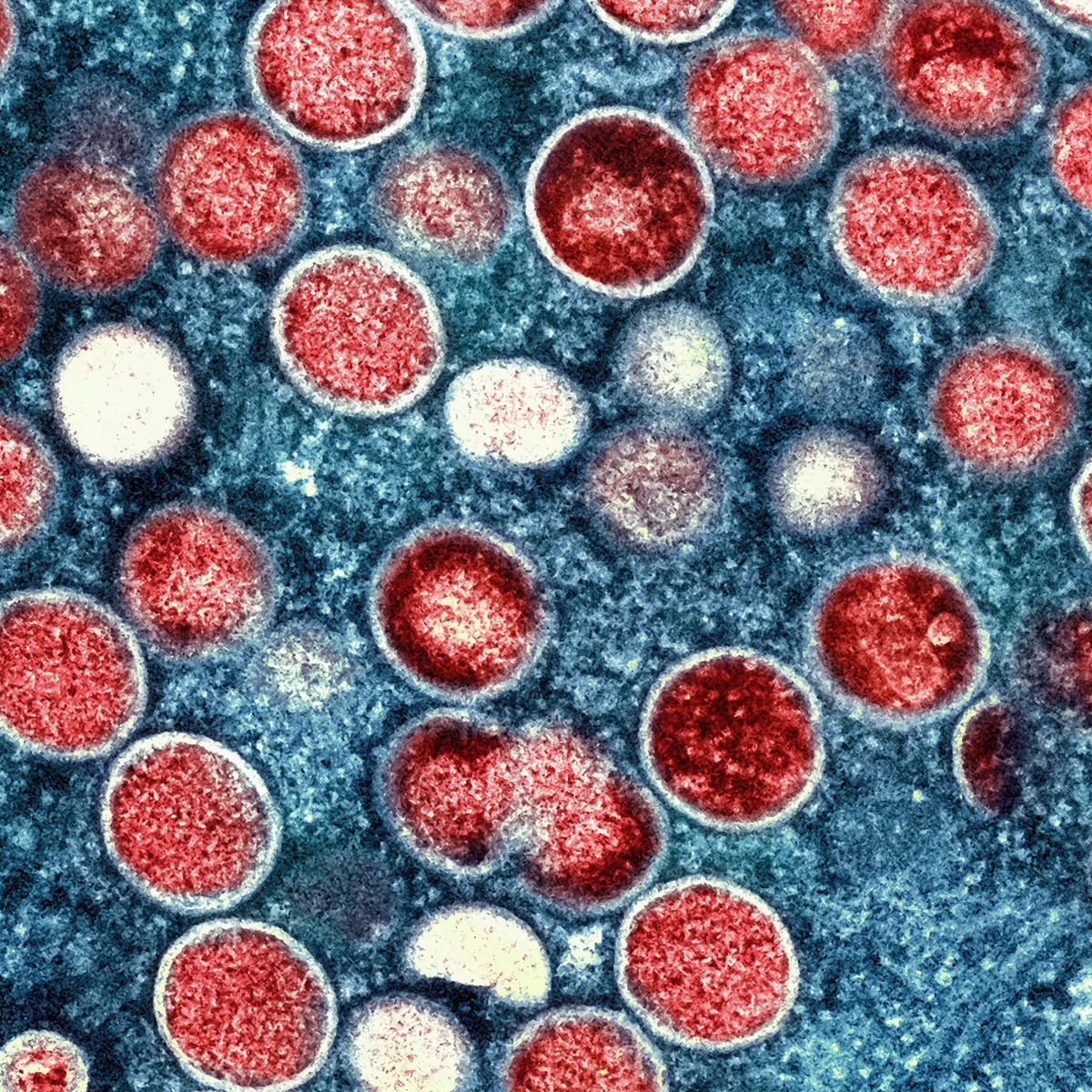As of August 2025, the mpox outbreak continues to be classified as a global health emergency due to sustained transmission, emerging viral variants, and ongoing challenges in affected regions. Health authorities remain on high alert as the virus continues to spread in several countries, particularly in Central and East Africa.
The Democratic Republic of the Congo (DRC) remains the epicenter of the outbreak, reporting tens of thousands of suspected cases and hundreds of deaths since early 2024. Neighboring countries, including Uganda, Tanzania, and Zambia, are also experiencing continued human-to-human transmission. Cases linked to international travel have been reported in over 20 countries, including the United States, the United Kingdom, and India.
A new variant of the virus, identified as clade Ib, has raised concerns among health officials. This variant appears to be more transmissible and presents with lesions that are harder to diagnose, complicating efforts to contain the outbreak. Experts emphasize that the emergence of such variants increases the urgency for coordinated response strategies.
Efforts to control the outbreak face significant challenges. Limited healthcare infrastructure, ongoing conflicts, and logistical difficulties in vaccine distribution are major hurdles. Despite international support and vaccine donations, resource constraints and political instability in affected regions continue to hinder effective containment measures.
The outbreak underscores the importance of robust global health surveillance and equitable access to vaccines and treatments. Health authorities are urging countries to strengthen preparedness and response strategies, improve public awareness, and maintain vigilance to prevent further spread.
As the mpox outbreak persists into 2025, it remains a significant global health concern. The emergence of new variants and the challenges in controlling transmission highlight the need for ongoing international cooperation and rapid public health interventions to prevent further crises.















Leave a Reply